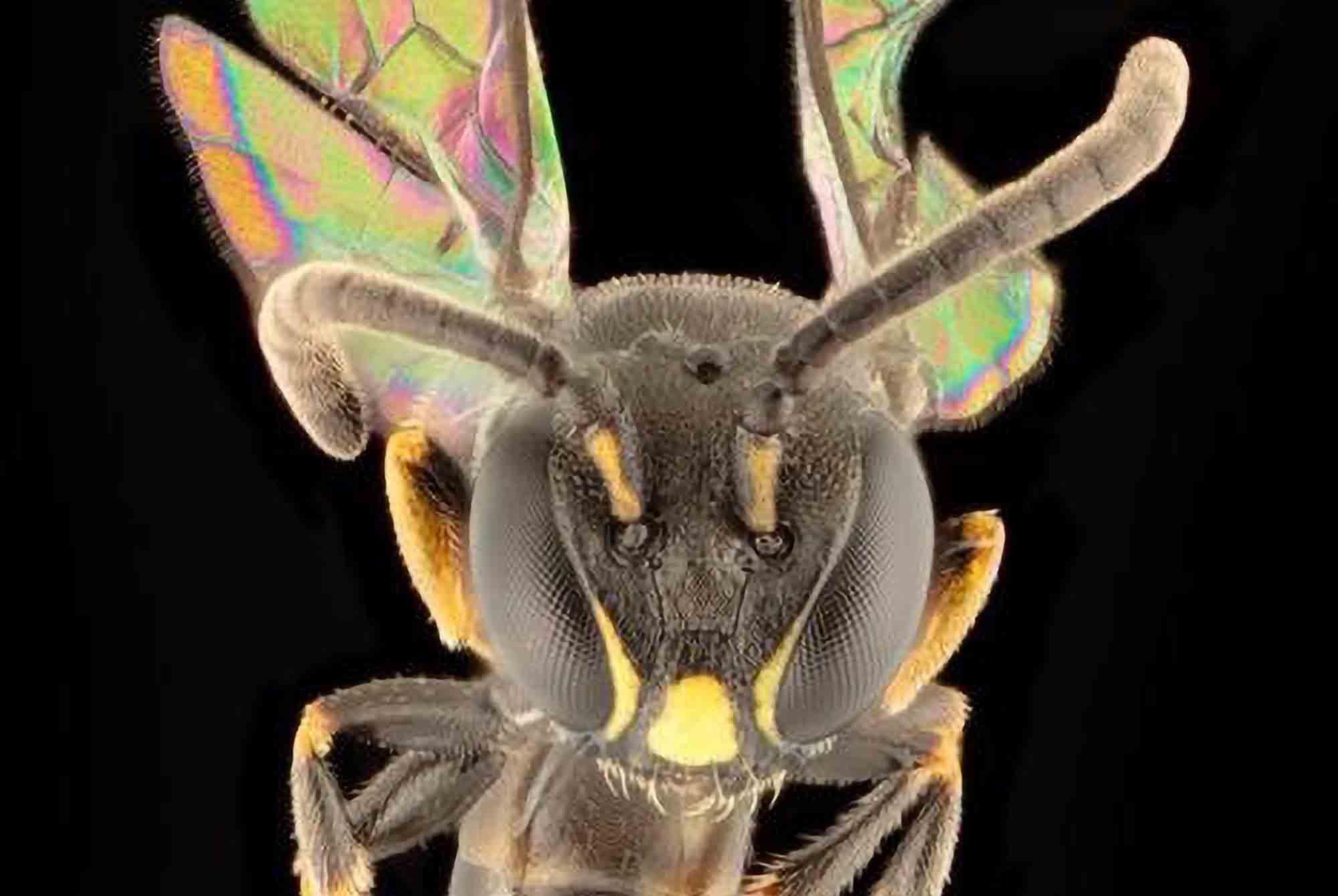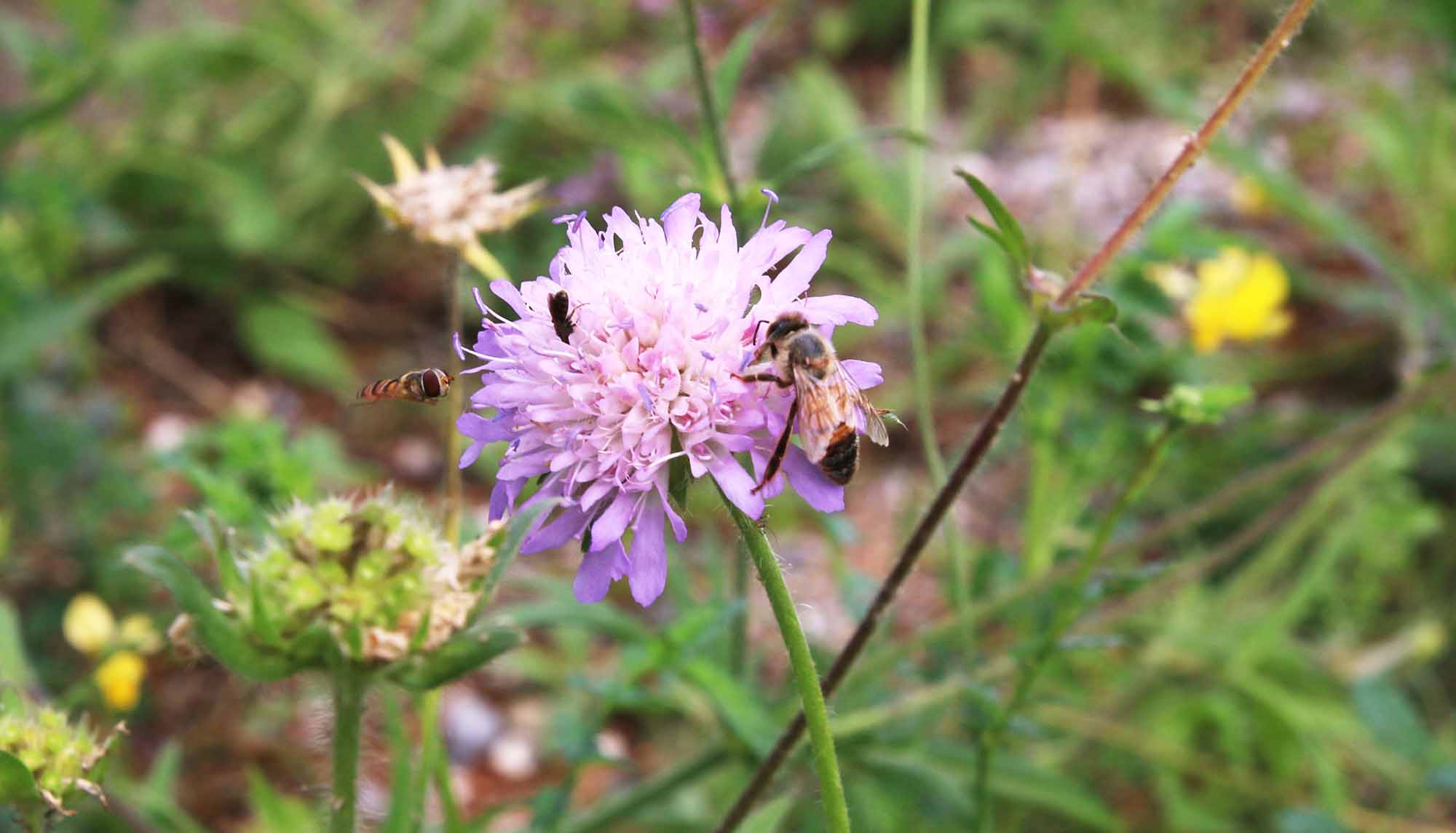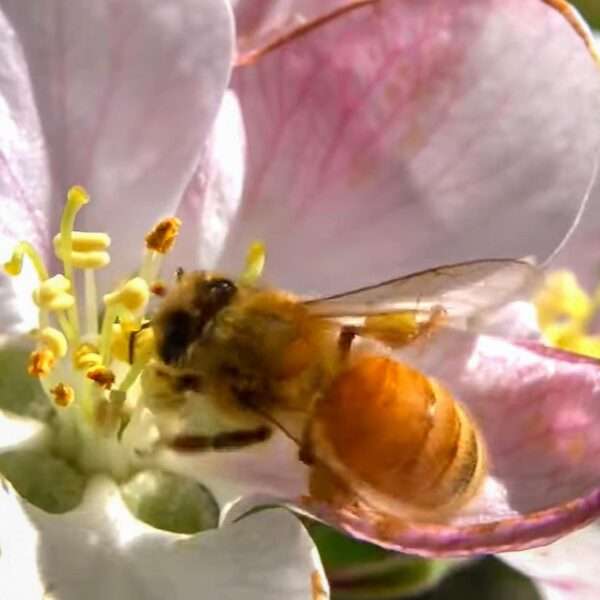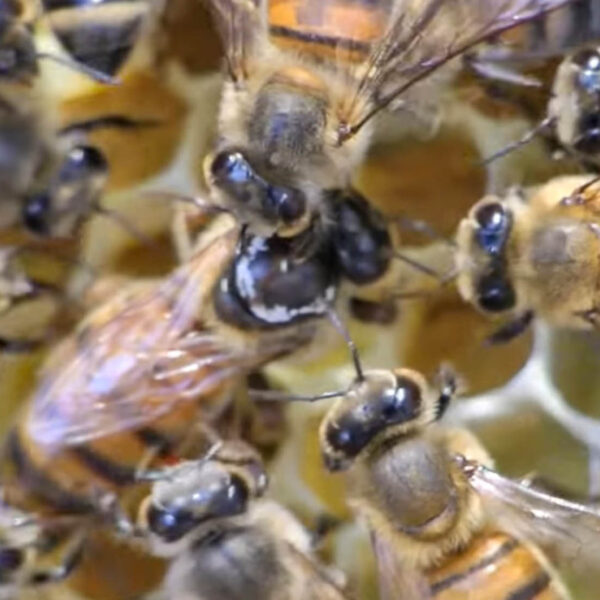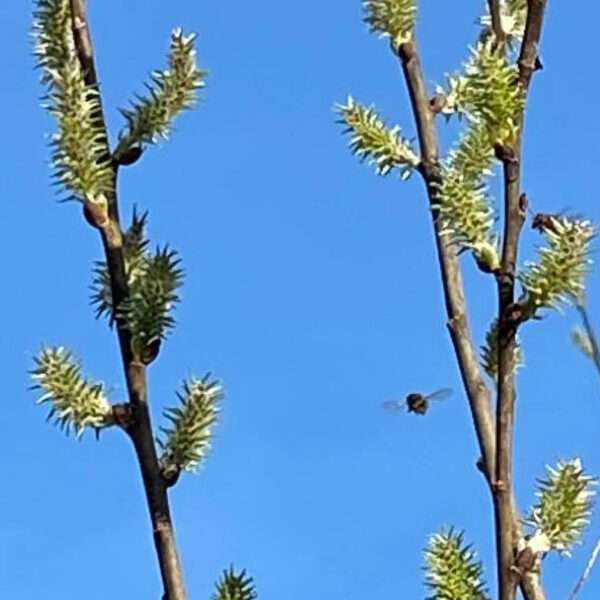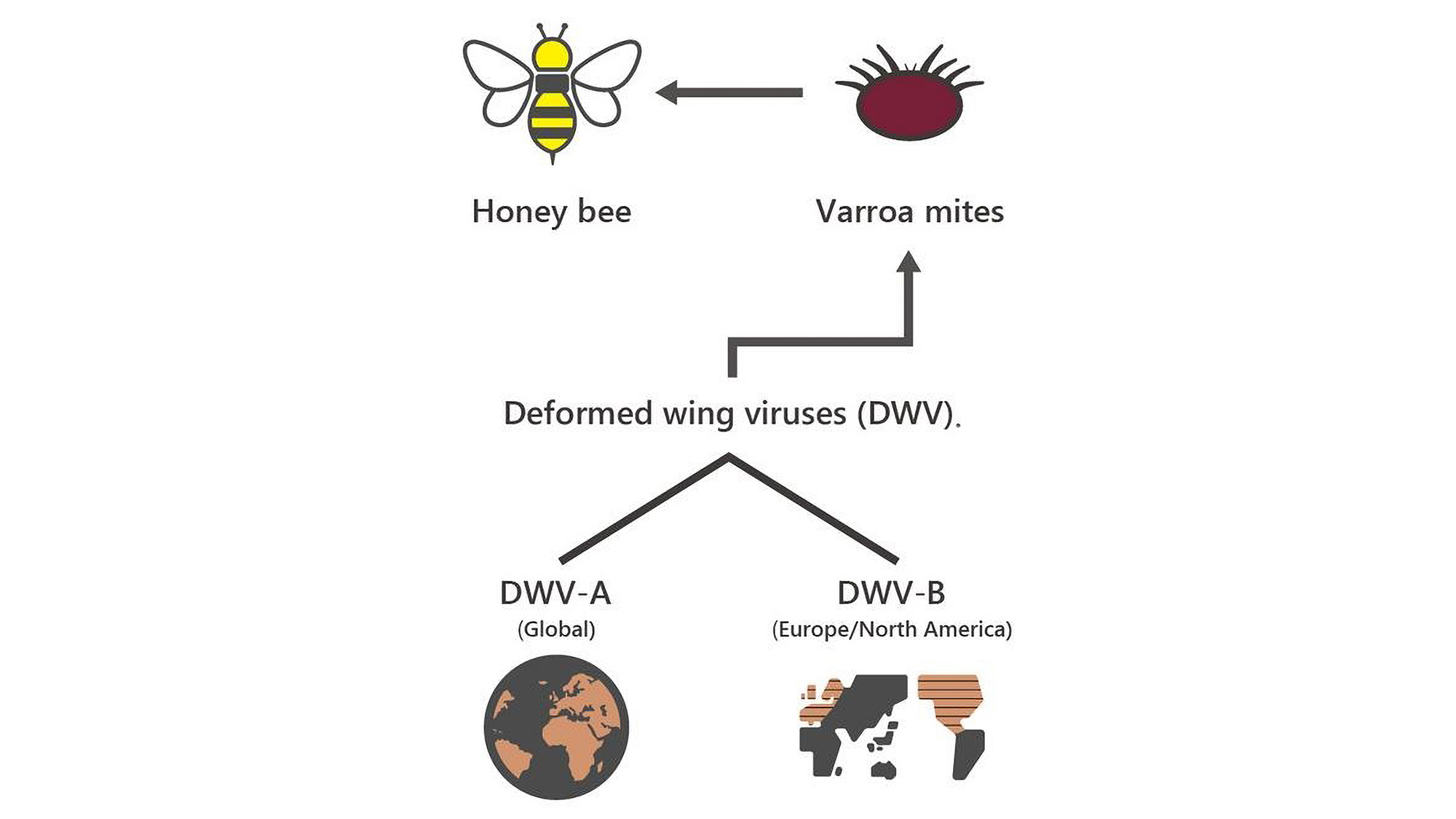A renowned Australian scientist has warned that time is running out to find yet unknown types of bees as he reports the discovery of eight species living in trees.
Dr James Dorey was part of a team of scientists who discovered eight new species of masked bees in the woodland canopies on the Pacific Islands.
Reflecting on the expedition in an article for The Conversation, the University of Wollongong lecturer said: “Because the new species live in forests and native treetops, they are likely to be vulnerable to land clearing, cyclones and climate change.”
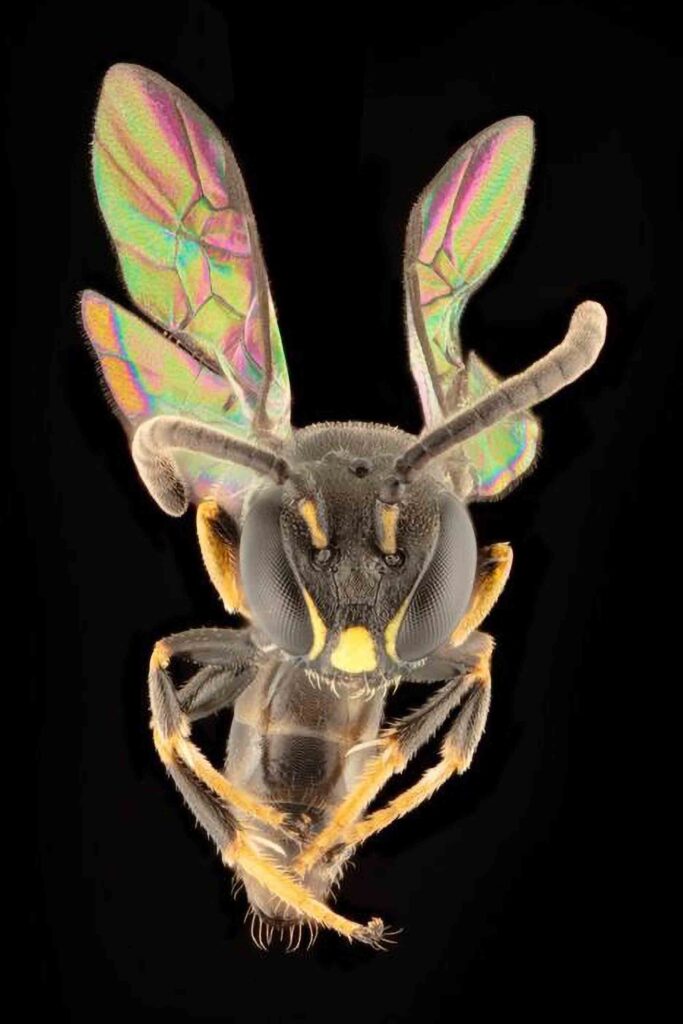
Dr Dorey and his colleagues found six types of bees in Fiji and one each in French Polynesia and Micronesia. He claimed: “Now we expect to find many more.”
The esteemed scientist said: “Forest-dwelling bees evolved for thousands of years alongside native plants and play unique and important roles in nature.”
He emphasised: “Studying these species can help us better understand bee evolution, diversity and conservation.”
Dr Dorey called his endeavour a “race against time” due to the continuing loss of habitats and the effects of climate change.
The entomologist said: “Almost 21,000 bee species are known to science. Many more remain undiscovered.”
Dr Dorey underlined: We need to identify and protect bee species before they disappear forever.”
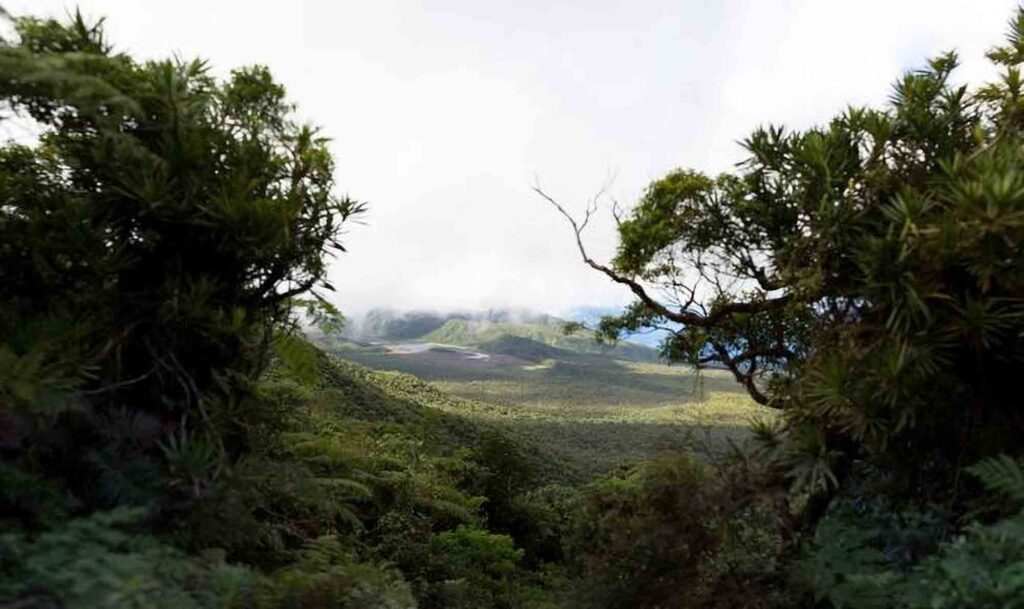
The newly discovered species all belong to the genus Hylaeus, according to Dr Dorey. He said: “They are mostly black with stunning yellow or white highlights, especially on their faces – hence the name, masked bees.
“They appear to rely exclusively on the forest canopy. This behaviour is striking and has rarely been identified in bees before.”

